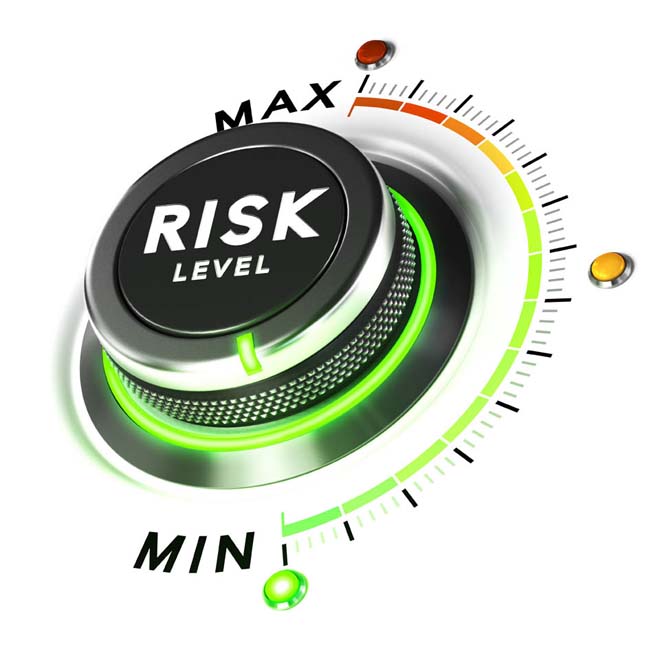The Regulatory Reform (Fire Safety) Order 2005 was brought in by the government for the purpose of improving fire safety in pretty well all buildings, and even open spaces, such as offices and shops; warehouses and factories; transport premises and facilities; entertainment, pubs, clubs, and restaurants; open-air events and venues; residential, hotels and hostels (including common areas of houses in multiple occupations); premises that provide residential care and health care; educational premises; places of worship; community halls; tents and marquees; and so on. In fact, about the only places that are not covered are private domestic residences occupied by only one family.
If you own or operate any of the above, then the Fire Safety Order applies to you and it places certain obligations upon you. Not the least of these is the requirement to carry out fire safety assessments on a regular basis. The law does not specify how often this should be done, but most people assume that once a year is sufficient.
Furthermore, the law does not specify who should carry out a fire risk assessment other than to say that the responsibility for it lies with the “responsible person” in a premise. This is defined as an employer, building owner, landlord, occupier, or anyone else in control of premises such as a building manager, managing agent, and so on. There could also be more than one responsible person if a building has more than one business in it.
The person carrying out the fire risk assessment has to be competent enough to do it and complete a “suitable and sufficient” assessment of the building. The implication here is that the person has sufficient training and knowledge to be able to identify fire hazards and make a judgment about the risks involved and any solutions that may be required. Of course, the issue here is that the average businessman is unlikely to have that experience and expertise. For instance, you may be a very good restaurateur, accountant, vet, travel agent, shipping consultant, or one of many other specialities, yet not be competent at assessing fire risk.
However, the good news is that the responsible person – while being responsible – can delegate the fire risk assessment to someone else who does have the right qualifications, and this is why many businessmen prefer to employ us at UK-Fire Risk Assessments to carry out the assessment for them. This way, you can have confidence that the assessment will be carried out by someone who does have the training and will ensure that you remain compliant with the law.
You most certainly want to remain compliant with the law because the penalties for not doing so can range from fines of up to £5,000 for minor infringements to much larger unlimited sums, and can also result in a maximum of two years in prison. Just recently, one individual was fined £23,000 and jailed for 21 months.
Furthermore, the local fire and rescue service enforces the legislation. A duly appointed inspector has wide-ranging powers and can enter premises and inspect anything in them. He can interview people on the premises and establish who is the responsible person. He can issue informal notices suggesting safety measures. He can issue a formal notice which will tell you what needs to be done and by when. He can even issue a prohibition notice and close your business down if he believes that the fire risk on your premises is such that access needs to be restricted or prohibited.
So, as you can see, it is vital that you are compliant with the law at all times. At UK-Fire Risk Assessments, we will undertake a complete review of your premises and associated fire risks such as flammable materials that you might use in the course of your business. For example, these may need to be stored separately or used in a different manner. Perhaps access to them may need to be restricted to a certain number of named individuals.
You may need to upgrade your fire fighting equipment, alarm system, signage, and so on. We will advise you as to what needs to be done – if anything. Your premises may already be as safe as can be, but you still need the assessment and the written report that we provide you that will show what improvements are needed or confirm that everything is safe.

